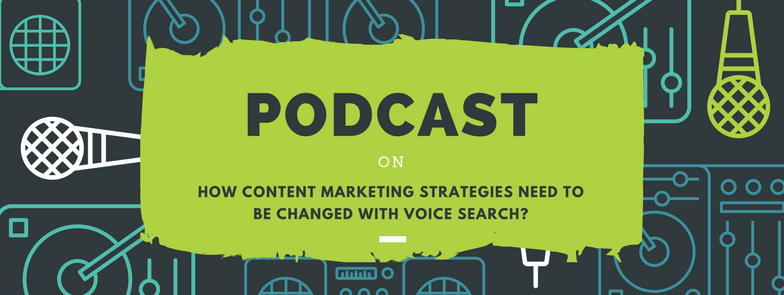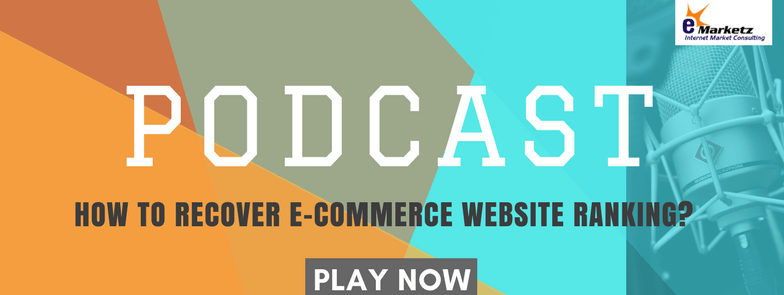
Do you want to drastically increase the quality and quantity of traffic to your website?
Well, website optimisation is an effective and ultimate solution for you then! Whether you want to acquire more leads/ sales or reduce customer service phone calls, Website Optimisation can help you do it all by systematically improving the performance of your website.
An optimized website will provide you with the following benefits:
- Enables search engines to access more pages within the site.
- Invites visitors from the target market.
- Gives a professional and complete look to the website.
- No need to download graphics download while viewing the web pages.
HTTP requests reduction - Plenty of HTTP requests makes the web page slower to load. A browser is limited to open a certain number of simultaneous connections to the single host. To prevent bottlenecks, the elements of the individual page are reduced. This, in turn, reduces HTTP requests and the number of trips required to load the webpage.
Web cache - Web Caching Optimisation can reduce server load, bandwidth usage, and also latency. CDNs use dedicated web caching software that stores copies of documents passing through to the system.
Image optimisation - Larger images and original images take a longer duration to load as they are too heavy. To reduce the size of an image while maintaining the quality, you can use tools such as TinyPNG, Kraken.io, JPEGmini, etc.
HTML optimisation - Never copy/ paste word processors etc. from any other applications. This can bring complex HTML that may slow load time on your web page. It is advisable to make use of simple structures in the HTML, as browsers will be able to parse them more efficiently.
File compression - Web pages are constructed using code files such as JavaScript and HTML. When the web pages grow in complexity, so do their code files, thereby subsequently increasing the load times. File compression lets you improve the site responsiveness by reducing code files as much as 80%.
Use CDN - Content Delivery Networks are useful for serving up static content. This includes images, multimedia and file downloads. When the website is hosted on a single server, users requests will be sent to the same hardware, thereby increasing the requesting processing time. By using CDN, user requests will be redirected to the nearest server, and the content will be delivered faster.
Reduce plugins - Plugins add particular features suggested by third parties. The more plugins installed, the more resources are required to run them. These plugins tend to grow with time thereby resulting in slower and in a secure website. Hence it is always better to avoid plugins.
Reduce redirects - Website redirects create additional HTTP requests that can negatively impact the website performance. Hence it is advised to keep them minimum or completely eliminate them.




